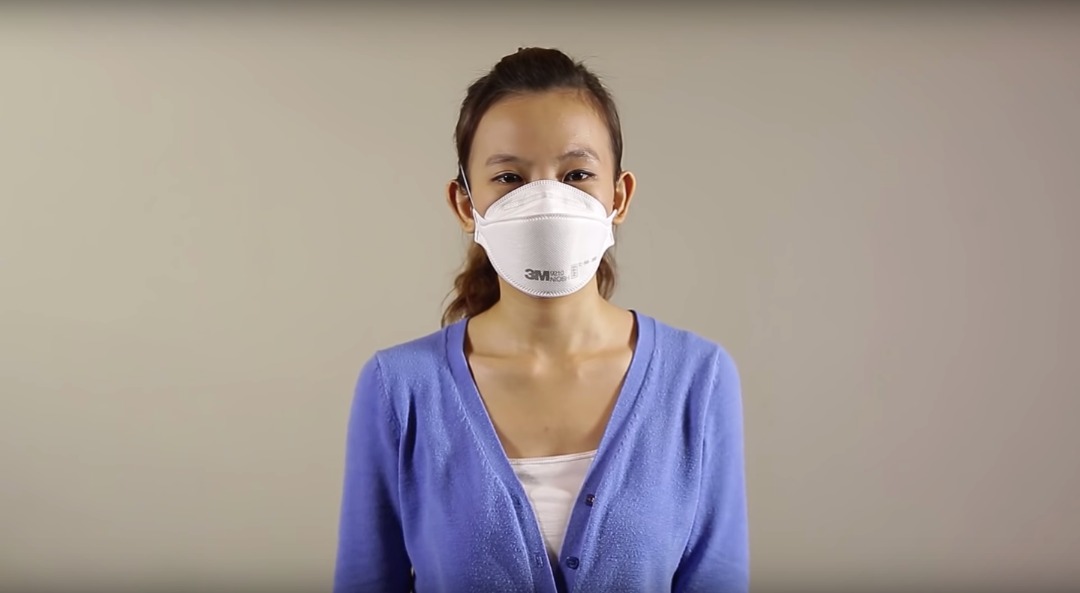KUALA LUMPUR, Sept 24 – The annual haze season doesn’t only cause breathing difficulties and ear, nose, throat and eye irritation, but persistent air pollution may also lead to cancer and heart attacks, physicians said.
“The health risks associated with particulate matter of less than 2.5 microns in diameter (PM2.5) are well known,” respiratory specialist Dr Helmy Haja Mydin from Pantai Hospital Kuala Lumpur told Malay Mail.
“These are capable of penetrating deep into lung passageways and entering the bloodstream leading to effects on the heart, brain and lungs.
“It’s a known risk factor for lung cancer. Lungs-wise, haze can lead to reduced lung function, increased respiratory infections and more asthma attacks.” Dr Helmy said.
He reportedly added that expectant mothers may give birth to underweight infants or premature babies, and that children were at higher risk of developing long-term issues.
Dr Rohan S. Shanmuganathan, a physician at Klinik Kesihatan Taman Medan, opined that the haze could also cause relapses of breathing illnesses, such as asthma, in sufferers.
Separately, Dr Thomas Koshy, a physician from Sungai Buloh Hospital, opined that long-term risks also include underdeveloped lungs in children, leading to future breathing illnesses and higher probability of cancer.
“There aren’t any studies to suggest staying indoors is definitely going to reduce the risk of respiratory problems but continued exposure to unhealthy levels of API will bring on higher risk of heart attacks.”
As at 9am today, Air Pollution Index on Malaysia showed improvements in reading throughout the nation, with only 20 areas marked as unhealthy, compared to 38 a day ago.








